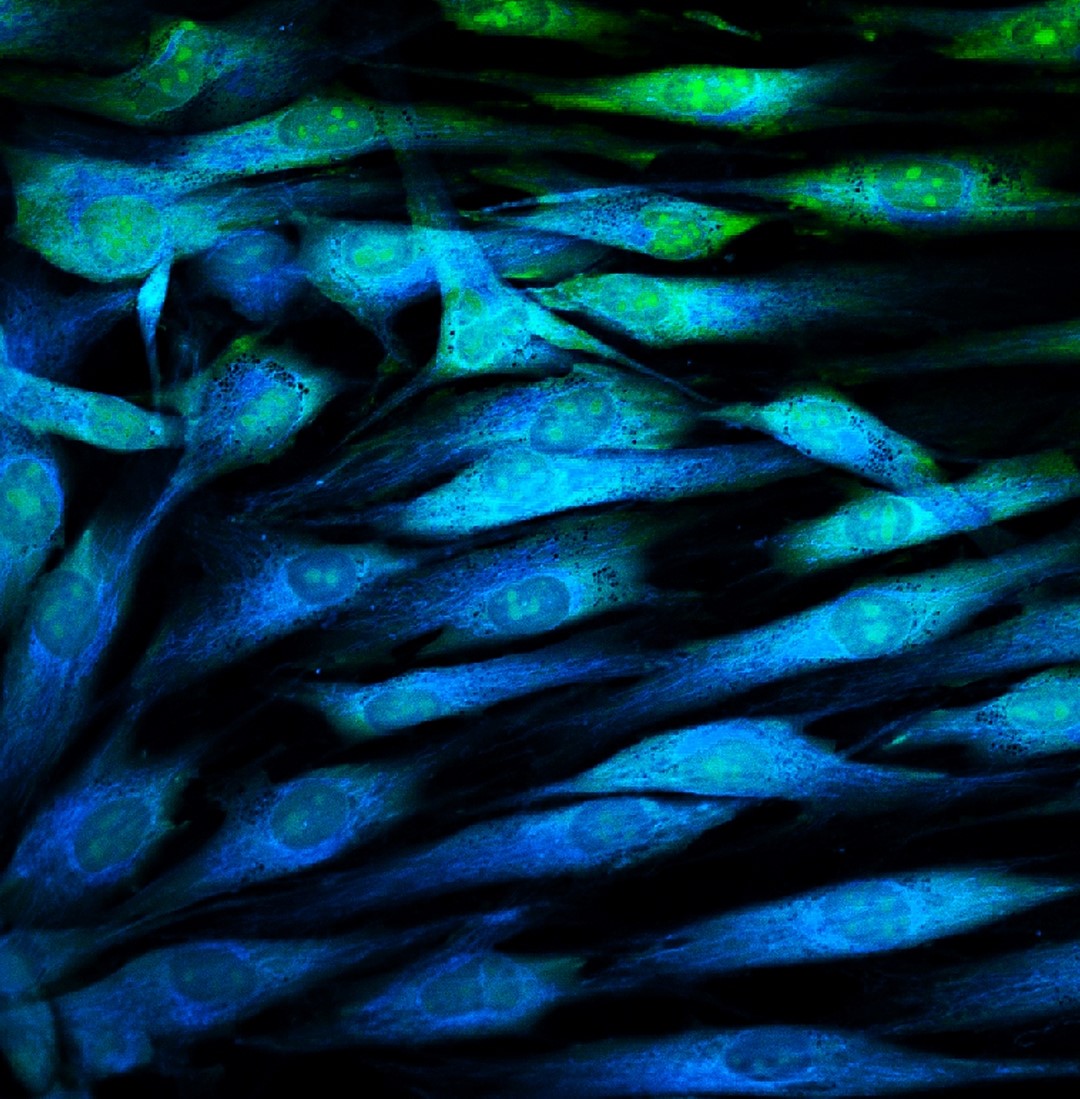


Access this 45 minutes webinar to learn how to characterise pluripotent stem cells in terms of identity and purity.
Valérie DEFFONTAINE, R&D Scientist, Quality Assistance
The discovery of human pluripotent stem cells 10 years ago turned the spotlight on the potential of pluripotent stem cells for personalised cell therapy. The scientific interest then quickly shifted towards the use of these cells for safety pharmacology, drug discovery and disease modelling. For all these purposes, in the mid to long term, properly characterised cell banks will be necessary.
The characterisation of embryonic (ESC) and induced pluripotent stem cells (IPSC) used for manufacturing requires the development and validation of analytical methods (e.g. flow cytometry, microscopy, QPCR and bioassays). Cell characterisation includes the testing of cell product identity, determination of impurities, and assessment of biological activity and viability. Among the techniques available, flow cytometry is widely used to assess the expression of cell markers. Our laboratory has developed flow cytometry panels dedicated to the characterisation of extracellular and intracellular markers of ESC and IPSC, and to the detection of cell-related impurities. We proposed a method for the validation of flow cytometry panels according to the recommendations of international guidelines on the validation of analytical methods.
IPSC differentiated into cardiomyocytes and MSC-like cells were also used to test the performance of our flow cytometry panels to accurately monitor the manufacturing process of cell products.
In addition to the technical tips, this webinar aims at presenting a critical view on the use of flow cytometry platform for cell characterisation.
Access now the recording of this webinar which was held on June 8th, 2017